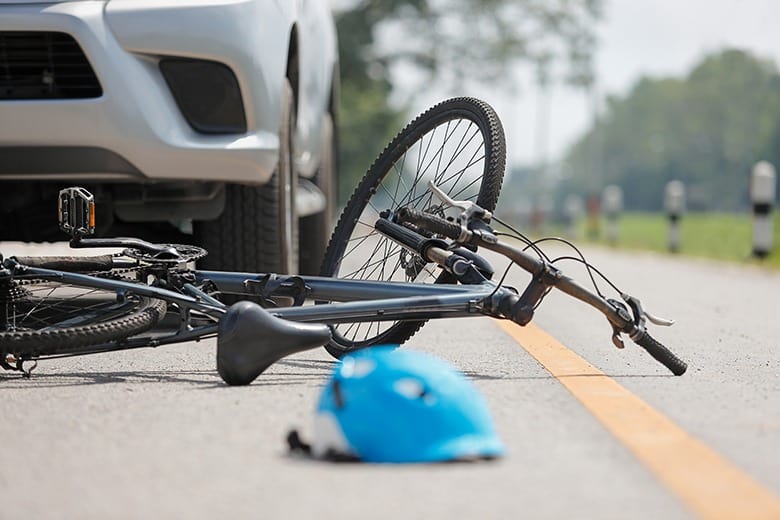If you’ve been injured in a car wreck or because of someone else’s negligence, it’s important to seek medical attention as soon as possible, rather than to “tough it out” and endure the pain in hopes it will go away. If you’re lucky, the pain will go away, and you can go on with your life. However, if you’re injured and allow a significant amount of time to pass between the car wreck and your first medical treatment, this will make it difficult to prove that your injuries were caused by the accident.
Likewise, if you’ve been injured and a doctor prescribes treatment or refers you to a specialist for testing or treatment, it is important to follow the doctor’s orders. If you don’t, the defendant can argue that you are aggravating your injuries, and it will be more difficult to receive payment from the negligent party for those injuries. In the North Carolina case Holtman v. Reese, 119 N.C. App. 747, 751 (1995), the plaintiff failed to follow the doctor’s orders to avoid high impact activities like snow skiing and water skiing. Because the plaintiff failed to follow his doctor’s orders, the court determined that the “avoidable consequence doctrine allows the jury to relieve the defendant of responsibility for the consequences of an injury to the extent that it finds that the plaintiff acted unreasonably and thereby enhanced his or her damages.” In other words, if a doctor tells you to stop putting weight on your sprained left ankle for 6 weeks and you fracture your left ankle two weeks later at the grocery store because you failed to listen to your doctor, the defendant is not going to pay for any treatment for your fractured ankle because you could have avoided the additional injury if you followed your doctor’s advice.
Doctors Usually Document Compliance
When your attorney presents the extent of your injuries to a jury, they rely on the medical records and notes created by your doctors. Doctors are very likely to document when you fail to follow their advice because they need to track how their treatment affects your improvement. The defendant in your case will undoubtedly use these records to show that they are not responsible for the injuries that you could have avoided if you had listened to your doctor.
When speaking with your doctor, be sure to tell them all the problems you’re having as a result of the injuries. Some examples are where your pain forces you to sleep in a chair instead of your bed, or your pain has interrupted your ability to perform your necessary daily activities. While it is natural to “keep your chin up” and persevere through these pains, it is important that you document them so a jury or an adjuster understands just how extensive the effects of the defendant’s negligence impacted your life.
Christian Connolly is a personal injury and social security disability lawyer at Grimes Teich Anderson LLP. For more information about Christian please click here: https://www.grimesandteich.com/christian-connolly.html
The information contained here is provided for informational purposes only and should not be construed as legal advice on any subject matter. Each case is different, so not all information here as well as some which may not be provided, will apply to every case. Because the facts and relevant laws are different from case to case, Grimes Teich Anderson LLP does not guarantee that the outcome, results, or experiences with one lawyer or one case will be similar to another.

